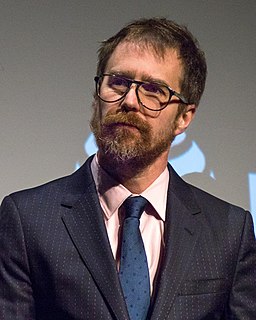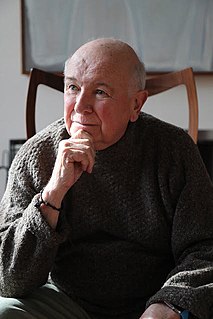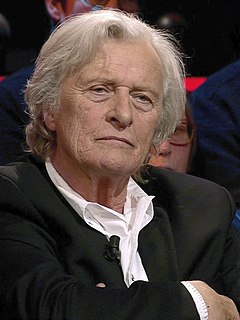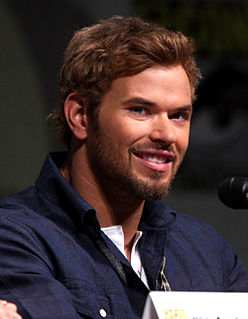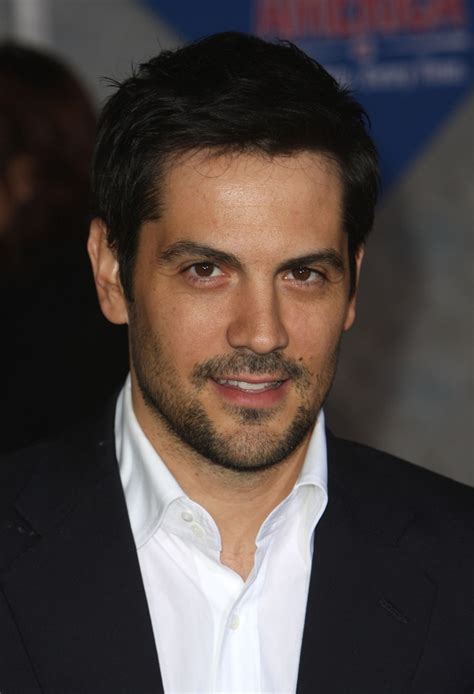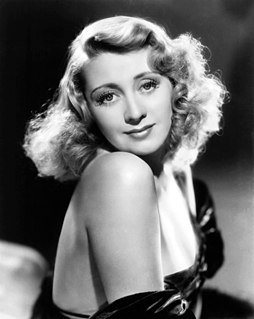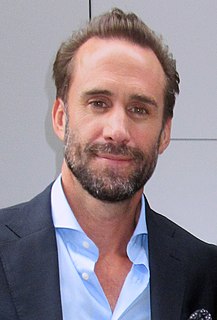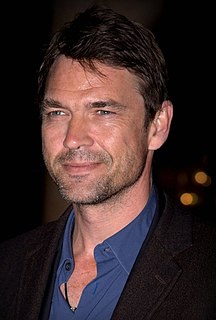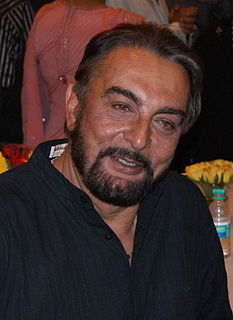A Quote by Sam Rockwell
Clark Gregg and I are around the same age. He has been an actor and is a writer. But with a first-time director, there is a way to talk about things they might not know. Because Clark was an actor, though, he knew more about the process than most first-time directors.
Related Quotes
Work with good directors. Without them your play is doomed. At the time of my first play, I thought a good director was someone who liked my play. I was rudely awakened from that fantasy when he directed it as if he loathed it. . . . Work with good actors. A good actor hears the way you (and no one else) write. A good actor makes rewrites easy. A good actor tells you things about your play you didn't know.
I think one third of my work is with first-time directors because I think I should, you know? Really, the difference between a first-time director and a second- or third-time director - I mean there's no director who makes enough movies anyway - but if they're talented, they have it. And there is no movie that is perfect.
Bill [Condon] is such a great actor's director. He cares about what you're thinking. And, he's very open. Even though he was pressed for time, and he was doing two movies at once, and all this stuff was happening around him, he would still take time to sit there and talk to you about your scene and your character and what you were going through. That was really a treat.
In this day and age, if you're aspiring to be an actor, and you're putting all your eggs in one basket, you could be disappointed. I started out as an actor, but I forced myself to be a writer, even though I wasn't very good at it and had never written. I don't think I ever passed an English course in my life. My first 8 to 10 scripts were pretty horrendous, but I stayed at it until I eventually found a voice and a subject that people were interested in. So, I recommend that you go out and try to be as versatile as possible: writer, actor, producer and especially director.
Stepping out of the director's chair completely and into a scene as an actor was weird. It was more excitement about directing than anything, but I was on a high from being a director and enjoying that process so much that going back to being an actor was almost secondary because I really was loving directing.
Most people assume because I'm an actor that's all I know about and care about, I'm actually a camera geek and a film geek. I grew up making short films the same time I was acting. For me, it's a motion picture, not a play. I'm just as interested in what the camera department is doing and world building through costume design and production design as I am in acting. I think all good directors do that whether they're an actor or not.
We made 'Mickey and the Bear' with barely any money with a first-time director, a first-time director of photography, and a crew who had just graduated from NYU film school. We were all very much in this together for the first time. There's no famous actor or big explosions. It's not a Marvel movie. I thought nobody was going to see this film.
I've had a couple opportunities where I've been on the other side of the audition process as a director, so it's really reassuring to me that it's just about who is right for that role and less about if you ace the audition. It's just about getting to know people, not about who's a better actor a lot of the time.
The first time I thought I should be an actor was in school. I thought, 'At least this is something for which I won't have to study.' But I've realised that an actor needs to be constantly unsure about what he's doing and about what's going on around him. The moment you think you've nailed it, you're dead.
A large part of how an actor works and their process is the stimulation of what's around you, and none more so than in a period piece. This is a modern piece, as much as it is set in a different time, age and myth. If it wasn't relevant, it wouldn't have been made and we wouldn't be putting our energy into it. It's relevant for us today because, in some ways, it throws up a mirror to all of us. As an actor, you get stimulus and you're effected by that, whether it's costumes or funny beards or castles.
